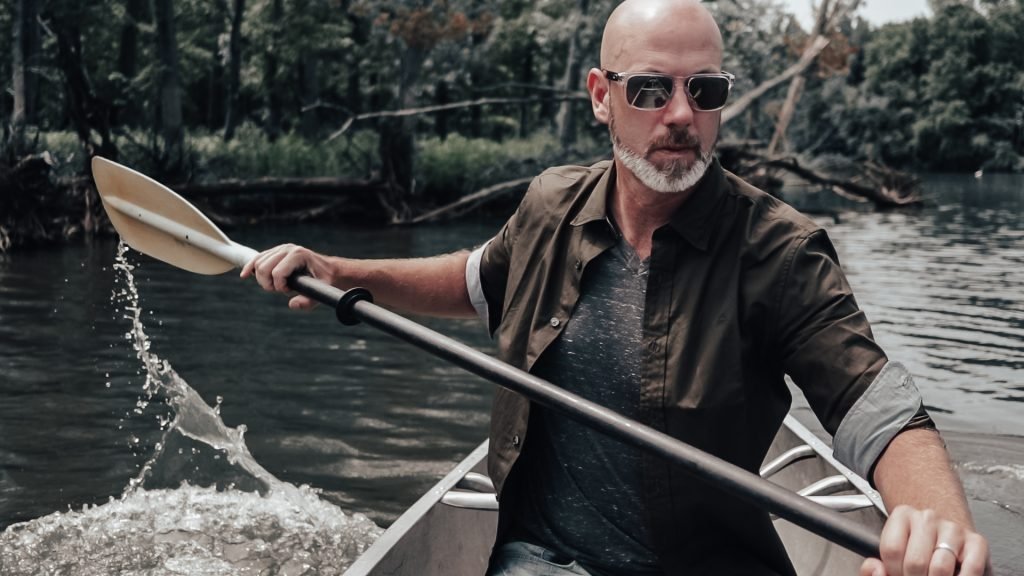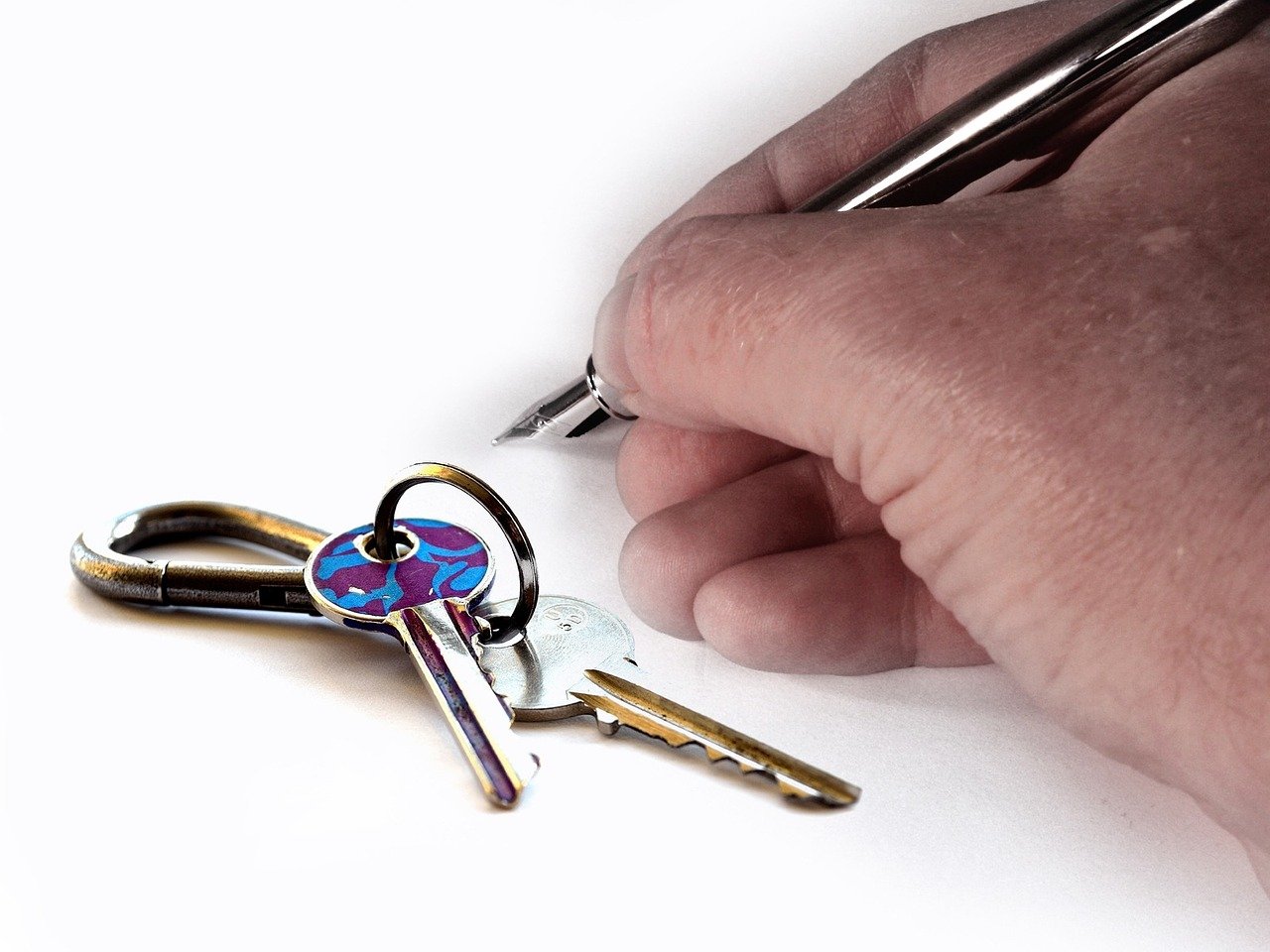Can you tell us a bit about your background and how you became interested in helping people overcome narcissistic abuse?
Technically speaking, I studied film and television production in college and I always wanted to be a director. My childhood distraction was dreaming of being a film producer. Later in my life, I volunteered for church recovery programs, such as celebrating recovery as a sponsor for individuals with a variety of addictions. Somehow these things merged eventually for me with the royal we. As they say, things happen for a reason, and at this stage of my life, I’m a believer.
What inspired you to create a YouTube channel focused on this topic? How has the response been from viewers?
I was initially starting a YouTube channel for studying the mysteries of the Bible. As a nondenominational Christian, at that time, I thought it would be interesting to interview Jewish rabbis, etc. I wanted to explore more of the mysteries behind the ancient literature. The name the royal we actually came about in one of my conversations with the rabbi as he used it as an expression of God. For some reason it stuck with me and I named the channel that. Even though I worked hard on preparing those videos, something told me to stop. No one wants another silly Bible study. So There I was with a freshly created YouTube channel named “The Royal We” and no content. That’s when a small voice told me to just start talking out of a real and authentic place. So I started talking, people started listening, and the rest is history. I’d say the response has been great which implies that things aren’t so great if you know what I mean.
Could you explain what narcissistic abuse is and how it affects the victims?
Without getting into the charade of psychology, which doesn’t really help people heal, I consider narcissistic abuse to be a very cold and selfish nature of humanity. It is a particular nature that will manipulate, use and exploit another person to selfish ends. It’s a particular human nature that has always been there, it’s nothing new. I think that science and medicine have tried to understand this particular nature of mankind since the ancient history of Cain killing his own brother Abel. The hard reality is that We share a world with murderers, thieves, and all manner of evil as well as all manner of good. Unfortunately, our complex minds prevent us from simplifying and accepting good and evil. Instead, we diagnose, try to solve problems and try to fix things that cannot be fixed.
I consider narcissistic abuse to be a very cold and selfish nature of humanity. It is a particular nature that will manipulate, use and exploit another person to selfish ends.
As for the impact of narcissistic violence on the victim, it largely depends on the type of relationship and the length of the relationship.On the extreme, a narcissist could murder his victim and call it an accident. However, in a world where law and order exist, most narcissistic violence is verbal, mental, and emotional, which can be just as destructive as physical violence. The medical industry is now beginning to recognize various illnesses as a result of continued verbal, mental and emotional abuse. But rather than blaming it on abuse, they will call it stress-related illness, depression and anxiety. Unfortunately, this type of toxicity is what kills people slowly.The majority of people I coached admitted that they would have preferred physical abuse in the years of verbal, mental, and emotional torment they suffered as a result of narcissistic abuse. I believe this is because a physical assault would suddenly put a stop to any relationship, while verbal abuse takes much longer to process, understand and accept. Especially when you’re dealing with a verbal assailant who can convince you they love you.
In your experience, what are some common signs or red flags that someone may be in a relationship with a narcissist?
You really don’t know unless someone in that relationship is expressing discomfort and trying to come up with words to express what’s happening in their relationship. I have been approached by people who believe that their son or daughter is married to a narcissist and they want me to intervene. In 100% of cases, they have no problem with their relationship. It’s mommy or daddy that can’t accept the relationship or letting go. So it’s not fair to look at a relationship from the outside and judge it to be abusive; it really comes back to the individual in the relationship
What are some strategies or techniques you teach your clients to help them recover from narcissistic abuse?
I divide the healing process into different categories of people’s lives. For example, one category is how individuals perceive the world and their perception of self in the world that may have enabled maltreatment. Another category would be human biochemistry and understanding how the abusive relationship has diverted natural chemicals, such as adrenaline and serotonin, to create dependency in the relationship. It’s not that certain people attract narcissists, it’s that certain people allow them in. So I challenge my clients to push themselves in different areas of their lives. Shock their biological chemistry by doing extreme things to help their body learn again that there is more excitement in the world than what was provided by the abusive relationship.
How important is self-care in the healing process after narcissistic abuse? What are some self-care practices you recommend?
I look at self-care as the basis of everything. By looking after ourselves, we can avoid narcissistic abuse and toxic people in general. Good self-care is all about the way you treat yourself, the kinds of relationships you surround yourself with, including friendships. Your ability to say no, and to set limits, ect. Furthermore, the places you go to and the things you do all come from a place of self-care. With proper self-care, people are less likely to find themselves in places they don’t belong to, doing things they don’t have to do, with narcissistic people they don’t have to be with.

By looking after ourselves, we can avoid narcissistic abuse and toxic people in general
What role does setting boundaries play in recovering from narcissistic abuse, and how can individuals effectively establish and maintain boundaries?
Most people have trouble understanding boundaries. Many people want me to help them create boundaries that keep other people from doing things. Instead, I coach people to understand that boundaries are not rules imposed on other people, but rather rules imposed on themselves. We don’t really have control over what other people do, say, or want. But we have complete control over ourselves and what we will or won’t do.I teach people to understand that there is power in the implementation of boundaries around you, keeping yourself on the right path. Of course, boundaries are impossible without self-care, self acceptance and authenticity. Only when you really know yourself, and accept who you are, can you set boundaries as a castle about your life.
Many survivors of narcissistic abuse struggle with rebuilding their self-esteem and confidence. What advice do you have for them in this journey of self-discovery?
I help people to understand that you can’t lose what you don’t have to begin with in the area of self-esteem and confidence, I have discovered that for the first half of a persons, life, self-esteem and confidence comes from the outside meaning most people spend the first half of their lives trying to uphold a self Image that was given to them by parents, school, church, friendships, etc. it’s a self image that’s more less been given to them, thrown at them like here this is what you are, and this is what you’re good at. So by the time people get to me as a coach after experiencing abuse, this flimsy sense of self-confidence has been crumbled, which is actually a great place to be because for the first time we get to now build and construct a true self based on who the person really is having overcome personal experience, new understanding, which now creates authenticity.
I suppose one could call this a person’s second ego. Where the first ego gets destroyed because it was fake. The second ago gets to now be built, sturdier, stronger, more defined and really indestructible. It truly is a time of self discovery, and finally an opportunity to build true self-confidence and an accurate image of who you really are in this world, what you like and what you don’t like.
Are there any specific success stories or transformations you would like to share from your coaching practice?
Over the past half a decade of taking personal phone calls and making countless YouTube videos. Anybody that I have helped in any way, I would consider a success story. Anyone who walked away from a session with me feeling heard, understood, and validated is a success story. If a person is calling me weekly for support, and then two months later stops calling me I consider that a success story. It’s hard to talk about one specific story. But I have had a person share with me how at one point in their life suicide was an option, and through my videos, and some one on one coaching sessions, they were able to reconsider and reset their lives. That to me is no small thing.
Can you tell us about some upcoming projects or initiatives you have in the works to further support individuals recovering from narcissistic abuse?
A few things I look forward to as “The Royal We” brand continues to grow. I will be looking to join another therapist to do a regular podcast in the future. In addition, I plan to get out of the studio and into the public arena with seminars and events. Those are only a couple of things that are coming along. Which, by the way, if anyone wants to support and donate to make sure these things happen please do.
How do you ensure a safe and supportive environment for your clients during one-on-one appointments?
Until now, all my appointments are by telephone or video by zoom. Typically I am in my studio and this allows the clients to be in a comfortable quiet place of their own. I often speak to someone in their car because it is the only place where they feel safe. Sometimes they just walk around. What’s wonderful about technology is that it allows people to feel comfortable and talk from anywhere.
What are some resources or additional support networks you recommend for individuals who are seeking help for narcissistic abuse?
Well, I have my own coaching community that is available every day and I’m so excited about this and I really don’t know any other communities that are available.
How can friends and family members best support someone who has experienced narcissistic abuse? Are there any common pitfalls they should be aware of?
The best help family and friends can offer is to honestly direct their loved one to someone who can help them. The most common pitfall that family members or friends fall into is trying to ignore people’s pain or experience, as not being that great. I experienced it and it became very disabling, having me suppress my truth.
Family and friends who care should be able to say that I hear you, that I care about you, that I care about you and your situation. Find someone you can discuss it with.
What advice do you have for individuals who may still be in a relationship with a narcissist but are considering leaving? How can they safely navigate that process?
Unfortunately, this is not a one size fits all, there is not a single best way to leave abuses. Some people may need to run as if their life depended on it, while others may need to figure out a way to tiptoe out and slowly get out. This is precisely why coaching is necessary. I find that coaching takes place in a territory where traditional therapy and counselling are inadequate. As a coach, I feel more free to put the ball in that person’s hand and help them move towards the goal and run for that touchdown. Whatever that looks like to that person. I hope this analogy makes sense.
Lastly, is there anything else you would like to share with our readers about narcissistic abuse and the importance of healing from it?
Narcissistic abuse will in fact change you, but this is not a bad thing. It’s not making you worse. It’s changing you into more of who you really are. When you find yourself missing the person you used to be. Try your best to remind yourself that that person was in complete, flawed, fooled, conditioned by the world to ultimately be abused as you step in to who you really are you’re gonna notice that you lose a desire to do some of the things you used to do to be around the types of people you used to want to be around that’s OK you’re finally saying The difference between who you really are and all of those things and all of those people.
About The Royal We: https://jointheroyalwe.com
YouTube: https://www.youtube.com/@TheRoyalWe
1 on 1 Appointments: https://theroyalwe.kartra.com/page/HWH7
Daily Coaching: https://theroyalwe.kartra.com/page/bXz20
Donate: https://www.paypal.com/paypalme/JoinTheRoyalWe
Instagram: www.instagram.com/jointheroyalwe













